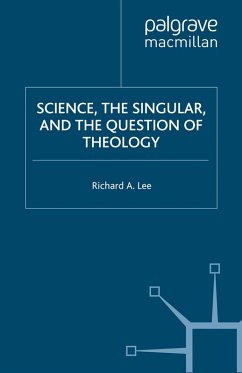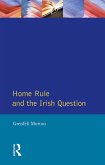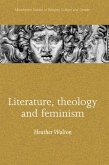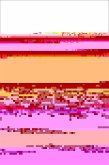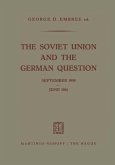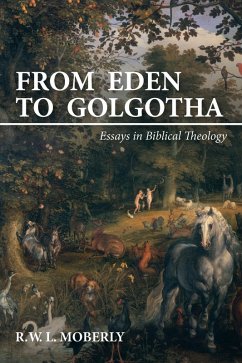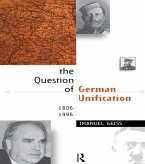Science, the Singular, and the Question of Theology explores the role that the singular plays in the theories of science of Robert Grosseteste, Thomas Aquinas, Duns Scotus, William of Ockham, Marsilius of Inghen, and Pierre d'Ailly. It pursues the question specifically in relation to the question of whether theology is a science. The work argues that the main issue in debates concerns whether theology is a science and how to provide a 'rational ground' for existing singulars. Science, the Singular, and the Question of Theology exposes how, on the eve of modernity, existing singulars were freed from the constraints of rational ground.
Dieser Download kann aus rechtlichen Gründen nur mit Rechnungsadresse in A, B, BG, CY, CZ, D, DK, EW, E, FIN, F, GR, HR, H, IRL, I, LT, L, LR, M, NL, PL, P, R, S, SLO, SK ausgeliefert werden.

